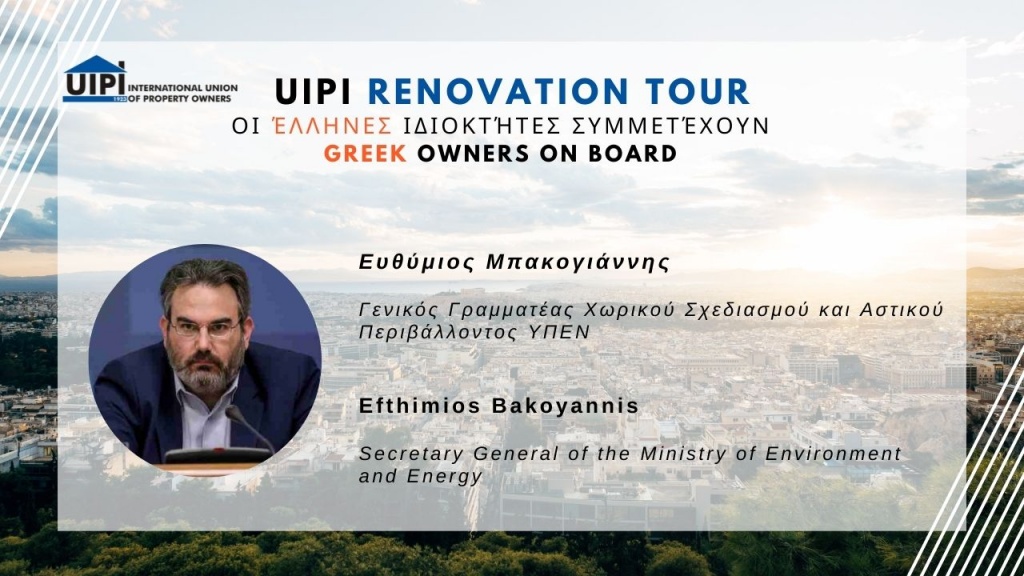Revised EPBD taking shape: UIPI replies
to the public consultation
June 2021
Brussels, Belgium
The revision of the Energy Performance of Building Directive (EPBD), due to be published before the end of the year, is a central element of the Renovation Wave and Green Deal Strategies. This Directive has traditionally been one of the most impactful pieces of EU legislation for the building sector and the upcoming revision is likely to generate considerable changes. In its response to the recent public consultation, UIPI reiterated the need to have ambitious objectives, while finding the right pace for action and level of enforcement.

Undoubtably, improving energy efficiency, increasing renovation rate is a priority to decarbonise the EU building stock. As key stakeholders in the housing and real estate sectors, we fully acknowledge its importance and relevance. Nevertheless, the objectives linked to the renovation should not fall short of the social objectives.
This is particularly relevant for the upcoming introduction of minimum energy performance standards (MEPS), which, because they are the boldest element of the upcoming revision, have unsurprisingly dominated the discussions around the future EPBD. In line with the recent Council’s adopted conclusions, we consider that the flexibility and the adaptation to national context are paramount. Carefulness and progressivity, coupled with the appropriate incentives and the necessary financial support, will also be necessary elements, without which MEPS should not be introduced.
Another central part of the revision as planned by the European Commission is an update of the framework for Energy Performance Certificates (EPC) with a view to increasing their quality and availability, for example through greater harmonisation, the inclusion of additional information and more stringent provisions on availability and accessibility of databases. UIPI agrees with the necessity of improving the quality and reliability of the EPCs, especially if they are to become the unique benchmark to set MEPS, something that can be questioned at this stage given the quality of some of them. This requires better enforcement of the quality checks, improvement of the independent control system and further convergence of the methodologies. Regarding the introduction of other building information tools also considered under the revision, such as the Smart Readiness Indicator and the Building Renovation Passport, we consider that they can be effective tools for raising awareness among building owners and that greater interoperability with the EPCs is needed. But their current voluntary nature should be preserved.
Addressing circularity in the building sector is also under consideration. We acknowledge the significance of the whole life-cycle approach considering life cycle performance and a more efficient use of resources for building renovation and construction. Yet accounting for buildings’ embedded carbon is in our view beyond the scope of the EPBD and requires preliminary legislative steps first, e.g. the revision of the Construction Product Directive.
MEPS, EPCs, the circularity are some of the key topics we have covered in our reply to the consultation to contribute to the preparatory work of the European Commission.



